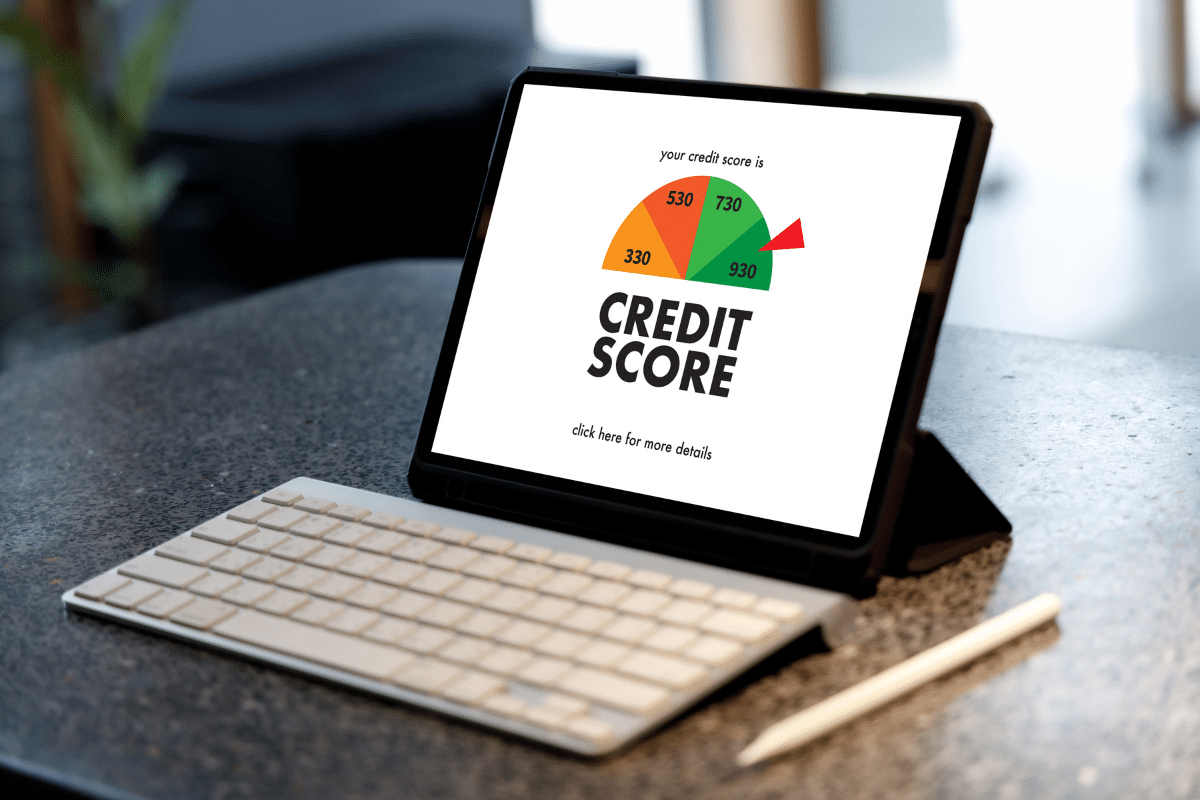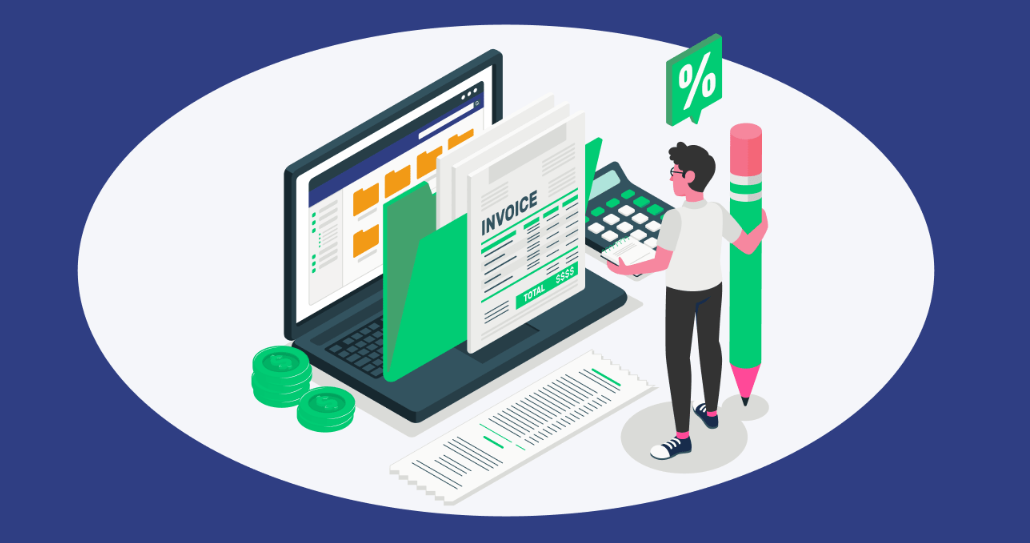How to increase credit score? Follow these tips!

Anúncios
One of the most famous questions about financial health is, “How can I improve my credit score?”
Having a good credit score is essential for getting approval for loans, financing, cards, and even for renting a property. It is a measure of your financial responsibility and your ability to meet your financial obligations.
Anúncios
However, many people do not have a good understanding of how credit scores work and what they can do to improve them.
That’s why we are here to provide valuable information and practical tips that will help you effectively increase your credit score.
Anúncios
What Is a Credit Score?
Before we delve into the tips for improving your credit score, it’s important to understand what a it is exactly.
In summary, a credit score is a number that represents your financial health and your ability to manage debts and credit.
This number is calculated based on various financial information in your credit history, such as bill payments, loans, financing, and credit cards.
The better your payment history, the higher your credit score will be.
How is it calculated?
The calculation of the credit score may vary slightly from country to country, but in general, it takes into account some factors.
Payment History is one of the most important factors, and it checks whether you pay your bills on time, delay payments, or leave debts unpaid. Timely payments usually result in a higher score.
Credit Utilization refers to the amount of credit you are using in relation to your total limit. Maintaining low credit utilization, ideally below 30%, can improve your score.
Having a long and positive credit history is a good sign for lenders. Having a variety of credit types, such as credit cards, personal loans, and financing, can be viewed positively by credit scoring models.
However, opening several credit accounts in a short period of time can harm your score, as it may seem like you are desperately seeking credit.
Now that you understand how the credit score is calculated let’s explore some practical tips to improve it.
Understand what a good credit score is
A fundamental part of improving your credit score is understanding what is considered a good score.
As we know, criteria may vary depending on the country and agency, but in general, a credit score is classified as follows:
- Very Poor: 300 to 499
- Poor: 500 to 579
- Fair: 580 to 669
- Good: 670 to 739
- Very Good: 740 to 799
- Excellent: 800 to 850
A ‘good’ credit score is generally sufficient for approval in most credit applications.
However, if you are aiming for the best interest rates and terms, a ‘very good’ or ‘excellent’ score will be more advantageous.

Top tips for improving your credit score
Now that you have a solid understanding of what a credit score is and how it is calculated let’s go into practical tips that will help you improve it.
Pay bills on time
One of the most effective ways to improve your credit score is to pay all your bills on time. This includes credit card bills, loans, financing, utility bills, and any other financial obligations.
Late payments can have a significant negative impact on your score, so be sure to always meet deadlines.
To help ensure you don’t forget to make payments, consider setting up reminders or automatic payments. This will ensure you never miss a payment deadline.
High limits and low utilization
Another important factor for your credit score is credit utilization, which refers to the amount of credit you are using in relation to your total limit.
To maintain a good score, it’s advisable to keep your credit utilization below 30%. This means if you have a credit limit of $1,000, you should aim to keep your balance at $300 or less.
Maintaining low credit utilization demonstrates financial responsibility and can have a positive impact on your score.
If possible, avoid accumulating large balances on credit cards, as this can harm your credit utilization.
Build your credit history
Patience is essential in building a solid credit history, as this process is gradual and takes time.
The longevity of accounts, consistency in financial habits, and reducing negative impacts require perseverance.
As your history matures, you build trust with lenders, preparing yourself for future financial goals.
Patience is key to achieving a positive credit history and eventually gaining access to better financial opportunities. Therefore, consider this journey an investment in your financial future.
Check mistakes on your reports
It’s important to regularly review your credit reports for errors or inaccurate information. Even small errors, such as an incorrect address, can affect your credit score.
If you find errors, contact the responsible credit agency and request corrections.
Additionally, if there are accurate negative entries that occurred under special circumstances, such as a hospital stay or job loss, you can request a ‘Correction Annotation’ to be added to your credit report to explain the situation.
Get credit for rent and utility payments
In some cases, your rent and utility payment information may not be included in your standard credit report.
However, you can choose to report these payments through services like Experian Boost.
Experian Boost allows you to connect your bank accounts and show examples of your responsible financial behavior, such as on-time payments for streaming services, Spotify, and municipal taxes, as well as contributions to savings or investment accounts.
These positive pieces of information can be shared with creditors when you apply for credit, which can result in an instant improvement in your credit score.
Get an instant score boost
For an instant boost, consider linking your current bank account to your Experian profile.
This allows Experian to assess your financial behavior and showcase examples of financial responsibility to creditors when you apply for credit.
Experian Boost can be a powerful tool for quickly and effectively improving your credit score. Make sure to check if this option is available in your country and take advantage of it to boost your score.
Use a secured credit card
Another strategy to build or rebuild your credit history is by using a secured credit card. This type of card is secured by a cash deposit you make as collateral. You can use the card like a regular credit card and make monthly payments.
Responsible use of a secured credit card can help demonstrate your ability to manage credit. And may result in improvements to your credit score over time.
Improving your score is a process that requires much time, discipline, and, the most difficult one, financial responsibility.
However, the benefits of having a solid credit score are invaluable. You’ll have access to better interest rates, more credit options, and a stronger financial position.
Remember that every action you take to improve your credit score is a step in the right direction.
Apply these tips and strategies regularly, and you’ll see a gradual improvement in your score over time.
With patience and commitment, you can achieve an excellent credit score and enjoy the financial benefits it offers. Start working to improve today and build a more solid financial future.
Check out more financial tips on our website!





